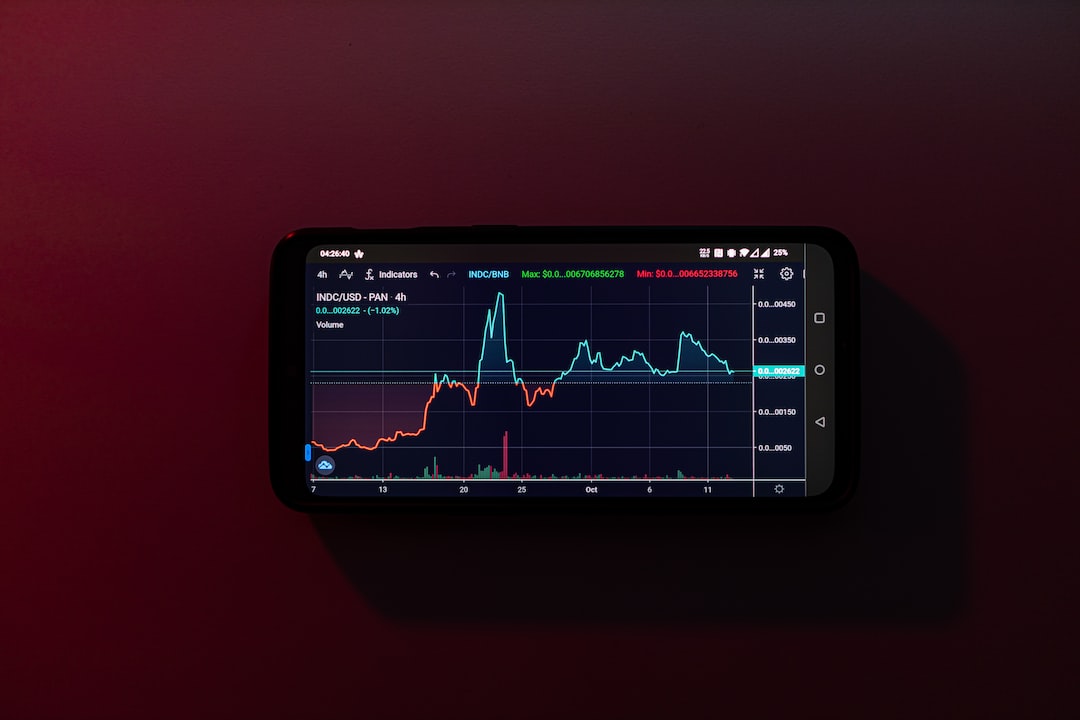Exploring the Rise of Proof of Stake (PoS) in Cryptocurrencies
If you’ve been keeping up with the world of cryptocurrencies, you’ve likely come across the term “Proof of Stake” or PoS. But what exactly is PoS and why is it gaining popularity among cryptocurrency enthusiasts? In this article, we will delve into the rise of PoS and explore its advantages over traditional consensus mechanisms like Proof of Work (PoW).
Firstly, let’s understand the basic concept of PoS. Unlike PoW, where miners compete to solve complex mathematical puzzles to validate transactions and add them to the blockchain, PoS allows participants to validate transactions based on their ownership or “stake” in the network. In other words, the more cryptocurrency you hold, the more likely you are to be chosen as a validator.
One key advantage of PoS is its energy efficiency. Traditional cryptocurrencies that rely on PoW consume massive amounts of electricity, contributing to environmental concerns. With PoS, the need for powerful mining rigs and high energy consumption is eliminated since validators are selected based on their stake rather than computational power.
The energy-saving nature of PoS makes it an attractive alternative for those concerned about the environmental impact of cryptocurrencies. Additionally, it opens up participation to a wider range of individuals who may not have access to expensive mining equipment but still want to contribute to the network.
Another benefit of PoS is its security features. Since validators are required to hold a certain amount of cryptocurrency as collateral, they have a vested interest in maintaining the integrity of the network. If a validator attempts to validate fraudulent transactions or compromise the system, they risk losing their stake.
This self-policing aspect of PoS ensures that validators have an incentive to act honestly and protect the network from malicious actors. It creates a system of checks and balances that promotes trust and security within the cryptocurrency ecosystem.
Furthermore, PoS offers scalability advantages over PoW. As more users join the network and transaction volume increases, PoW-based cryptocurrencies often face congestion issues, resulting in slow transaction times and high fees. PoS, on the other hand, can handle increased demand more efficiently by allowing validators to process transactions in parallel.
The ability to scale effectively is crucial for cryptocurrencies to gain widespread adoption and compete with traditional payment systems. By utilizing PoS, networks can ensure faster and more cost-effective transactions, making them more attractive to users.
Now that we’ve explored the advantages of PoS, you might be wondering how you can participate in such networks. Well, the process is relatively simple. All you need to do is hold a certain amount of the cryptocurrency associated with the PoS network in a compatible wallet.
By holding these coins, you become eligible to validate transactions and earn rewards in proportion to your stake. The specific requirements may vary depending on the cryptocurrency and network, so it’s important to do thorough research before getting involved.
Frequently Asked Questions (FAQs)
Q: Is PoS better than PoW?
A: While both consensus mechanisms have their merits, PoS offers several advantages over PoW including energy efficiency, enhanced security features, and scalability.
Q: Can anyone participate in a PoS network?
A: Yes! As long as you hold a certain amount of the cryptocurrency associated with the PoS network, you can participate as a validator and earn rewards.
Q: How do I choose a compatible wallet for a PoS cryptocurrency?
A: It’s important to choose a wallet that supports the specific PoS cryptocurrency you wish to participate in. Many cryptocurrency exchanges and online wallets offer support for popular PoS coins.
Q: Are there any risks associated with participating in a PoS network?
A: As with any investment or participation in the cryptocurrency market, there are always risks involved. It’s essential to do thorough research, understand the project’s fundamentals, and assess the potential risks before getting involved.
In conclusion, PoS is rapidly gaining popularity in the world of cryptocurrencies due to its energy efficiency, security features, and scalability advantages. By allowing participants to validate transactions based on their stake, PoS offers a more inclusive and environmentally friendly approach to consensus mechanisms. So, if you’re interested in contributing to a cryptocurrency network without the need for expensive mining equipment, exploring PoS-based projects might be the way to go.





 By
By
 By
By
 By
By
 By
By
 By
By
 By
By